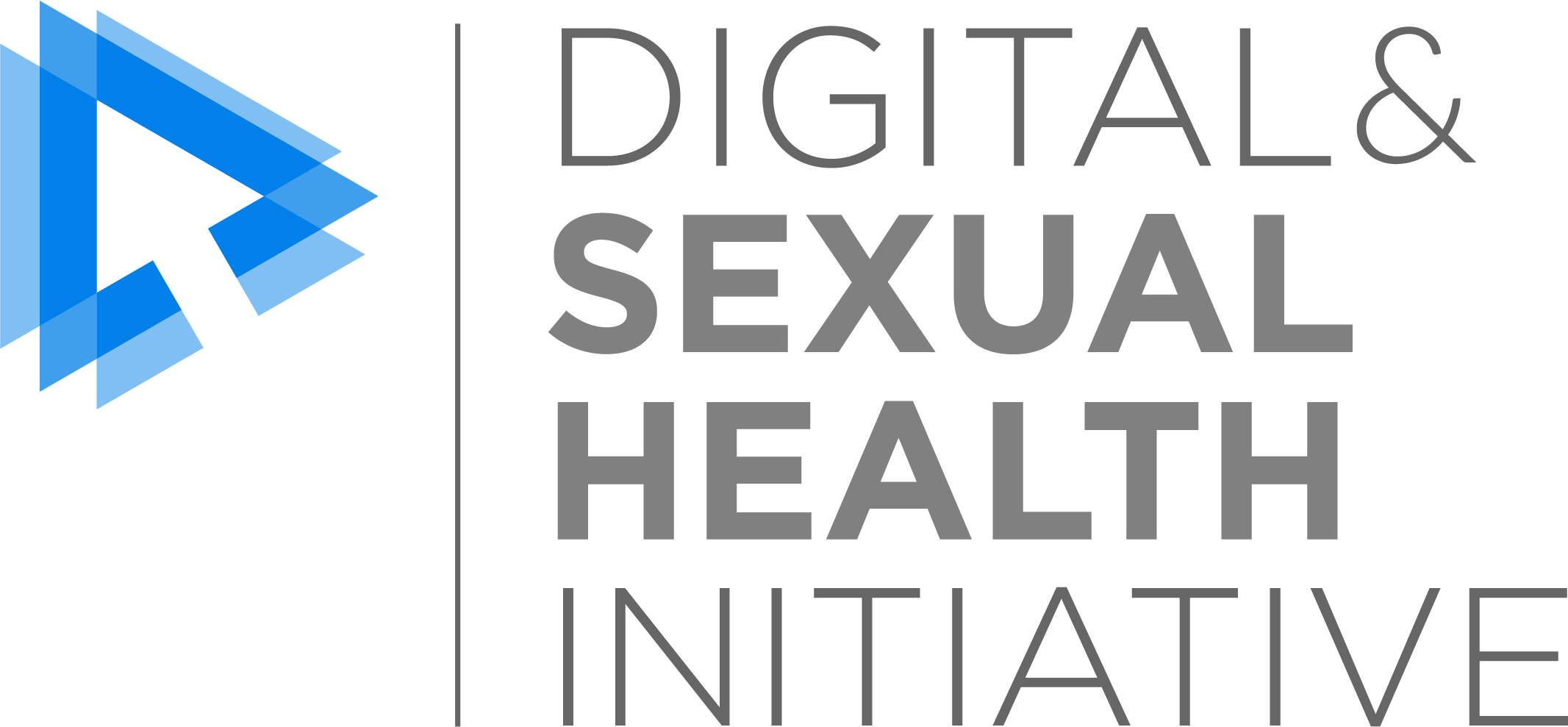An institutional ethnography of political and legislative factors shaping online sexual health service implementation in Ontario, Canada
Research theme(s)
Internet Based Testing
Kinnon MacKinnon, Oralia Gómez-Ramírez, Catherine Worthington, Mark Gilbert, Daniel Grace.
Critical Public Health. Published online first 07 Dec 2020.
Public health scholarship is increasingly attuned to the structural determinants of health, such as the associations between macro-level policy and population health outcomes. Yet the ways public healthcare services are specifically made available through political and legislative decisions remain relatively under-explored. Using the critical research strategy of institutional ethnography, this study charts how political leadership transitions and legislative processes animate local public health service implementation activities. We investigated the feasibility of introducing an online sexually transmitted and blood-borne infections (STBBI) testing service to improve sexual healthcare access for gay, bisexual, queer, and other men who have sex with men in Ontario, Canada. Data were collected between June 2019 and June 2020. We conducted interviews with healthcare providers, sexual health program developers and managers, and other public health professionals with expertise in STBBI testing (n = 23), stakeholder meeting observations, and analyses of key texts (e.g. provincial policies and legislation). We uncovered that interpretations of provincial legislation posed a barrier to the online STBBI testing model, and we explicated the work of gaining decision-maker support for this new service during a period of austerity. In response to the election of political leadership who de-funded local public health, participants strategically framed arguments in favour of online testing using discourses of evidence, equity, and cost savings. Our article provides an empirical case study of the mechanisms by which political and legal dimensions direct the implementation of health services, shaping population health outcomes, and health equity in turn.
